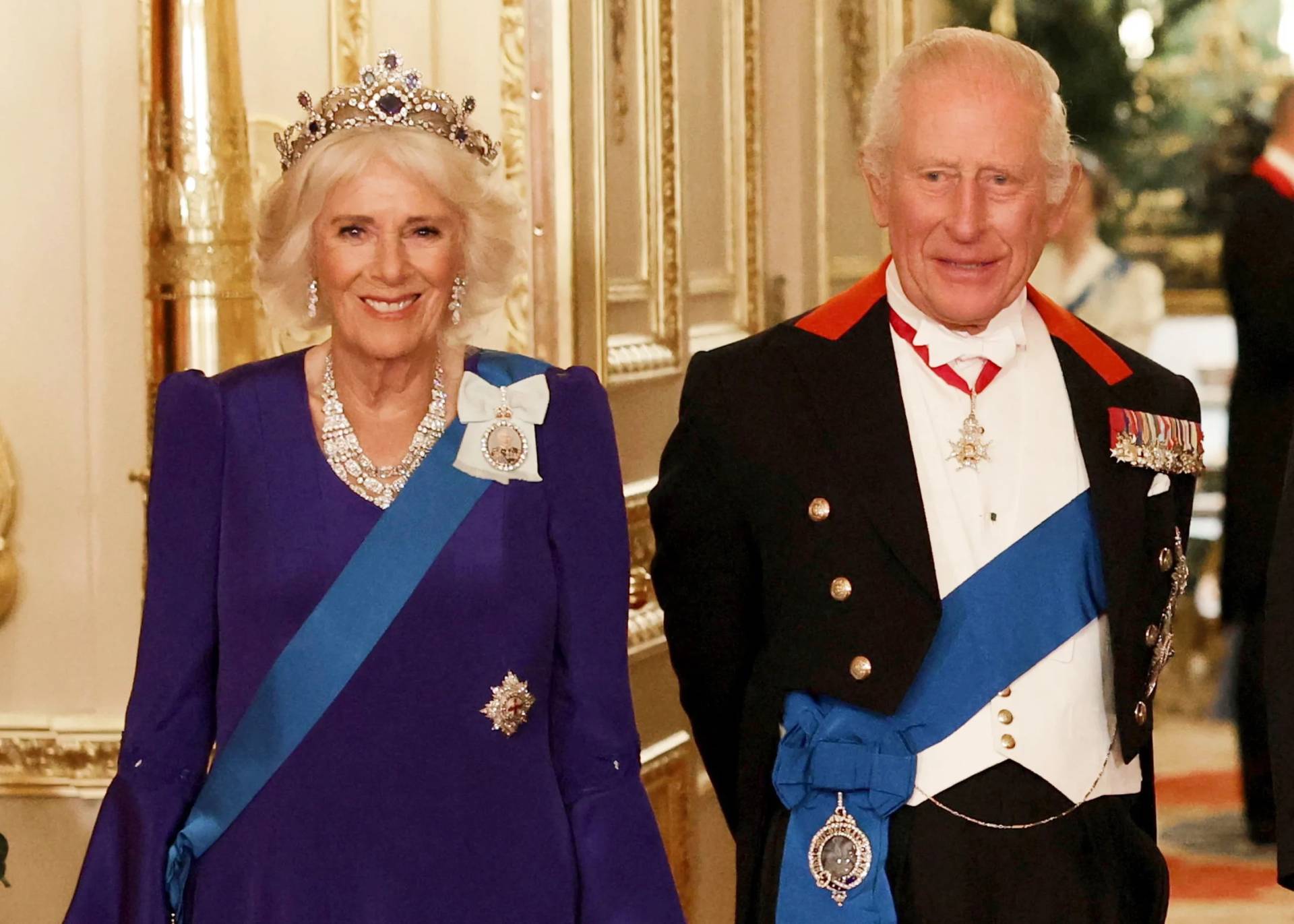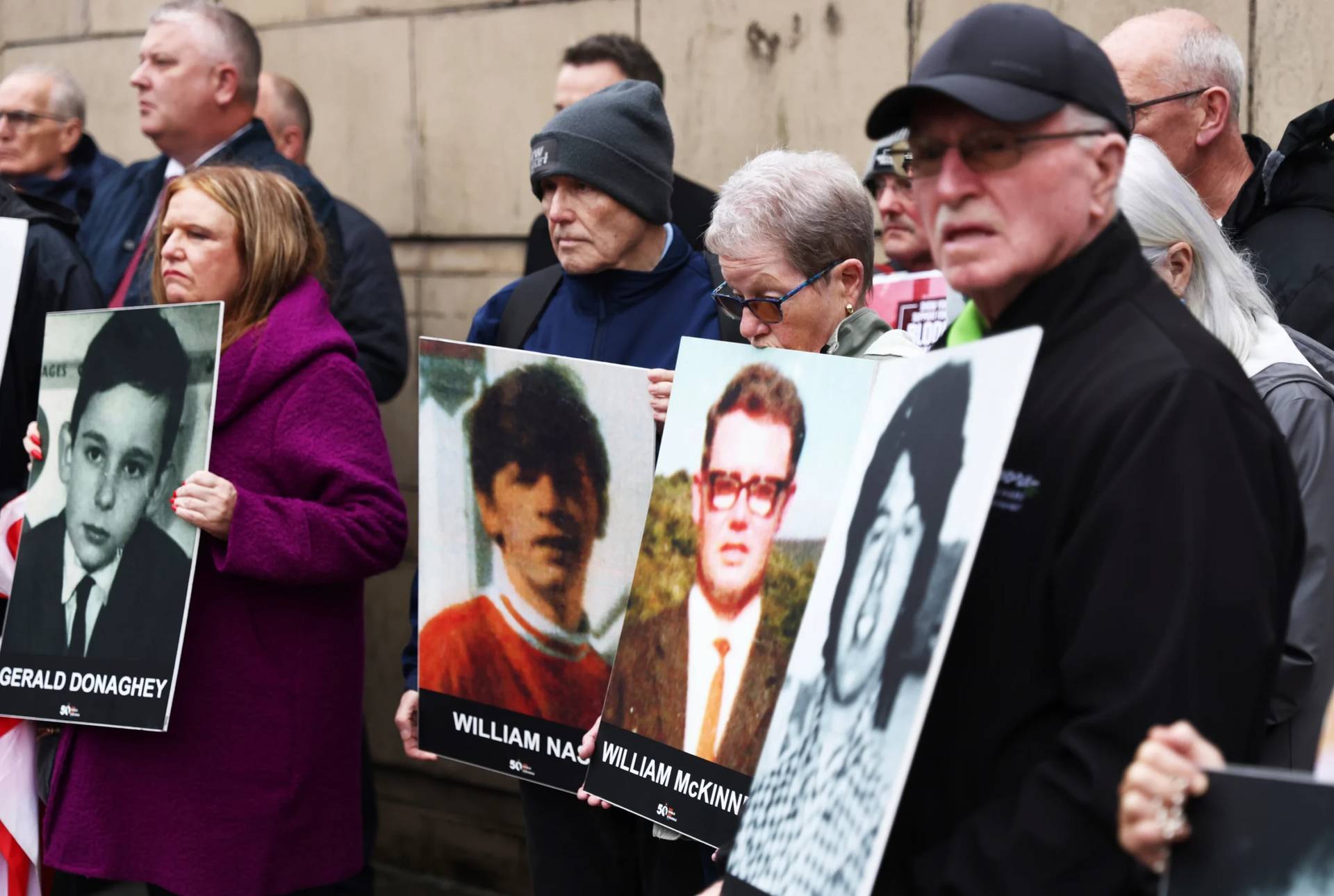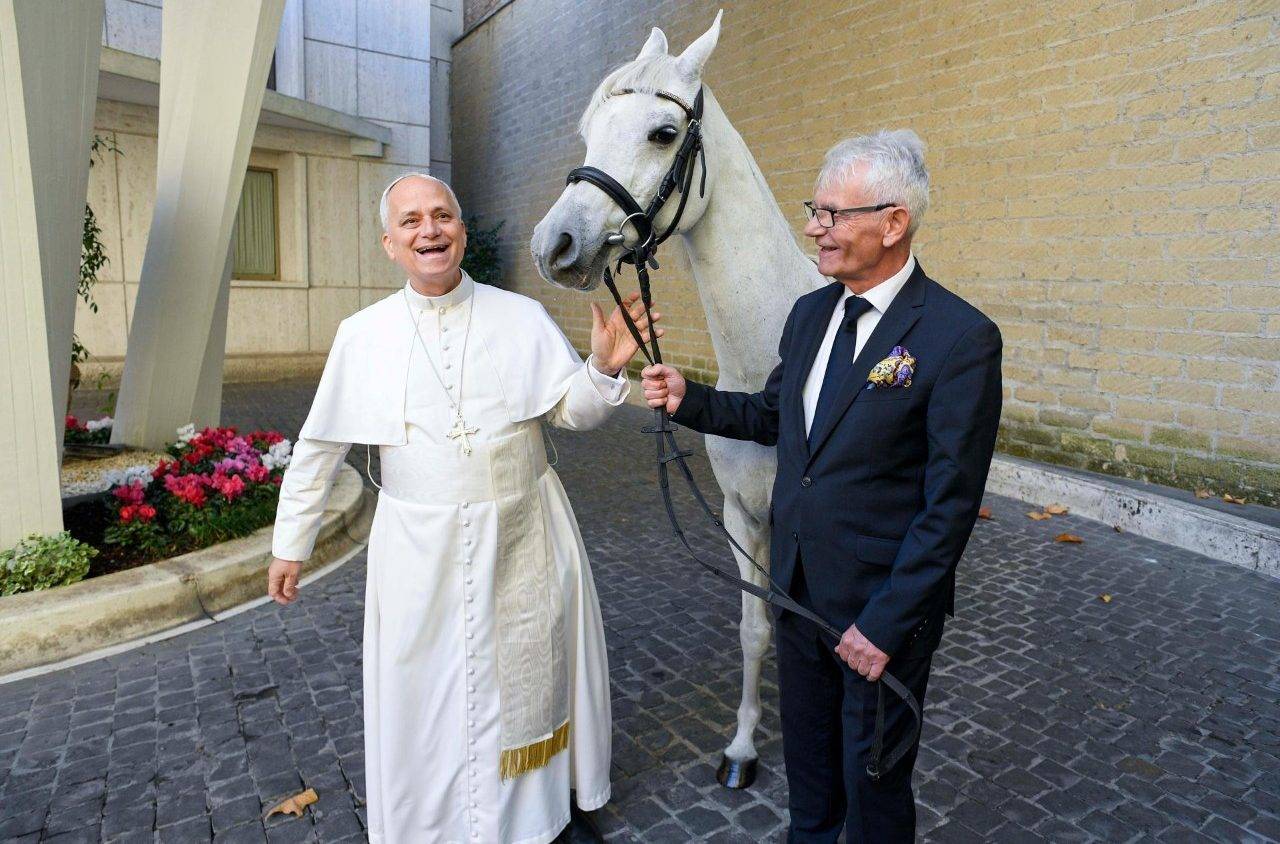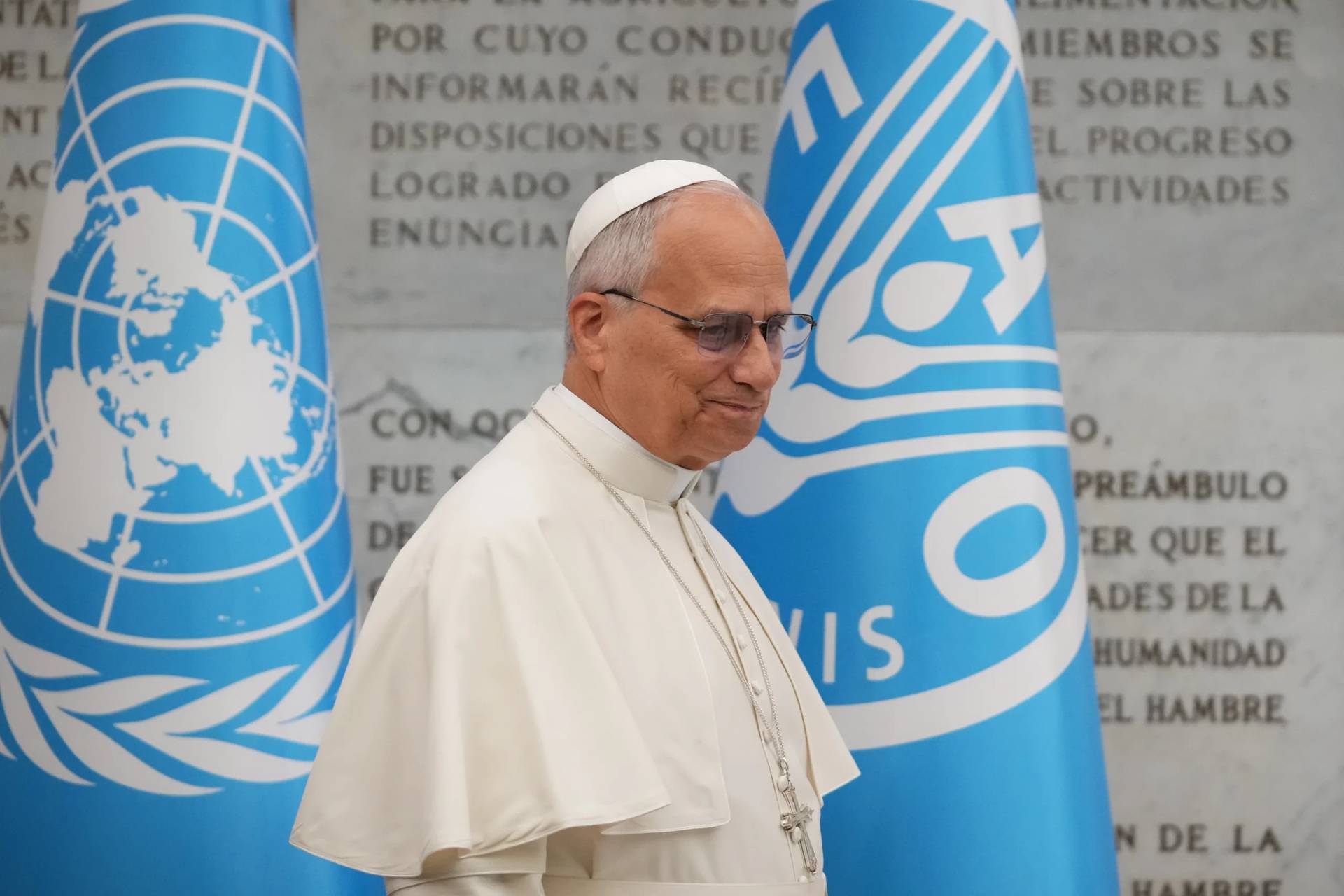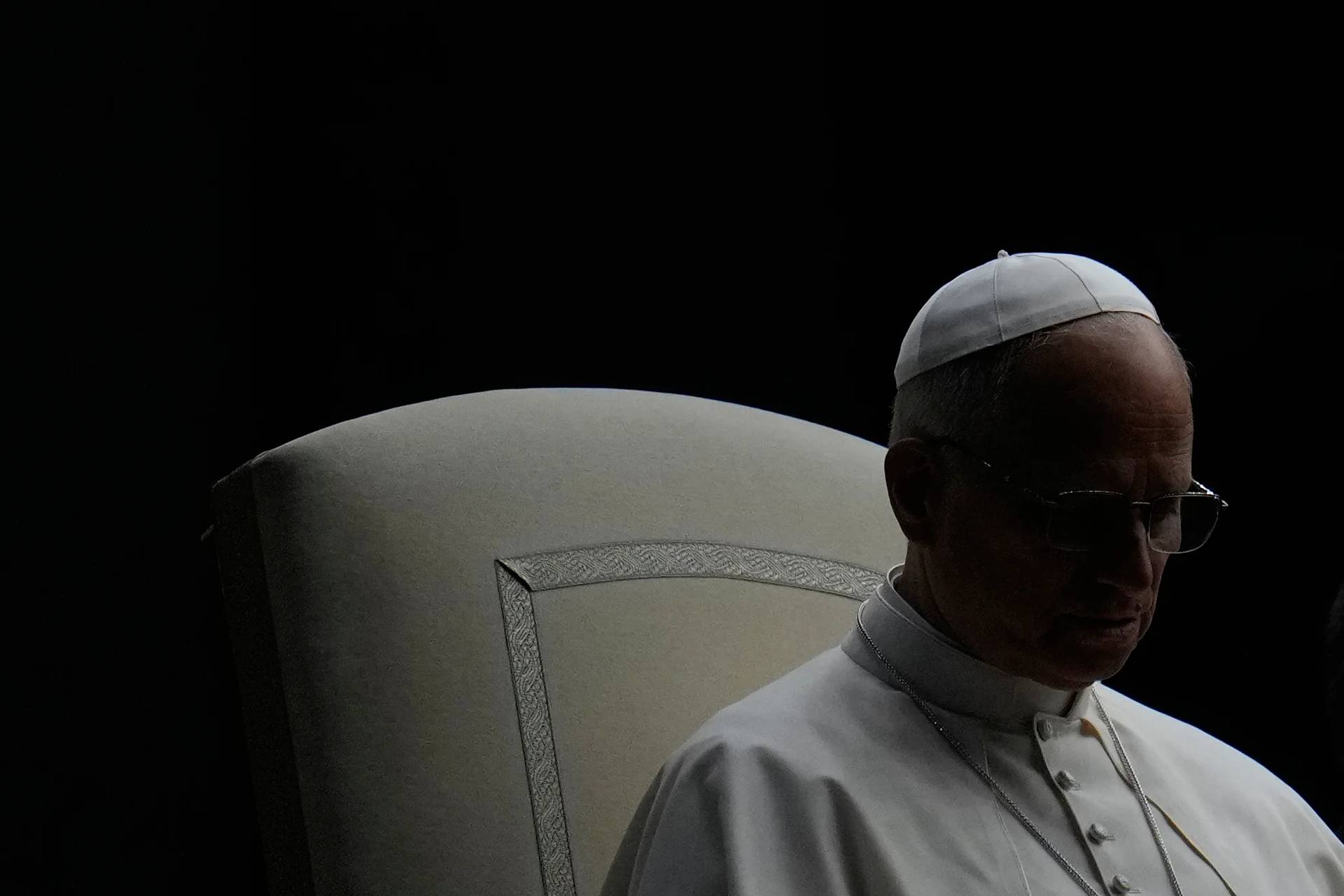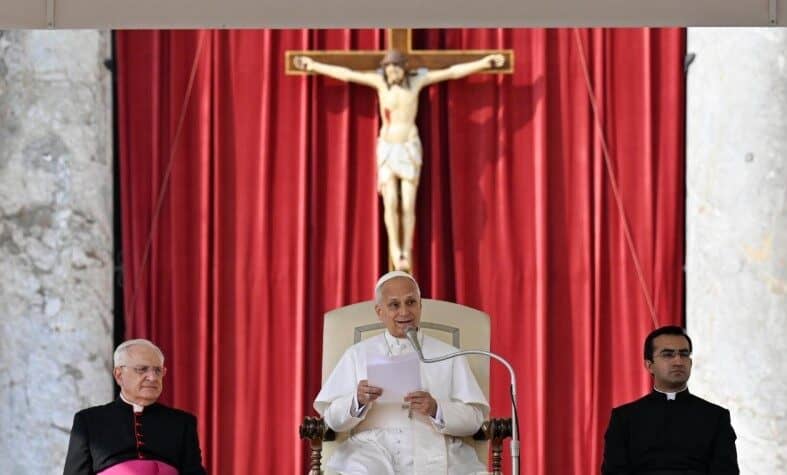[Auxiliary Bishop Thomas Dowd of Montreal, concerned that the original headline of this article misrepresents his thought, has published a blog post in response. Crux regrets the misunderstanding.]
ROME – At 48, Auxiliary Bishop Thomas Dowd of Montreal may be only the sixth-youngest prelate taking part in this month’s Synod of Bishops on young people, but he’s almost certainly the only one who worked for the Swedish high-tech giant Ericsson before entering the Catholic priesthood.
As it happens, Dowd says that background was essential to stirring his vocation.
“I don’t think I would have been a priest unless I had worked at Ericsson,” he said, explaining that because “I was on the internet before most people even knew what the internet was” he had access to a treasure trove of original Church documents, at roughly the same time the Catechism of the Catholic Church appeared as an authoritative guide.
“Between my ability to do that research and the guide that the Church was giving through a catechetical source that wasn’t just my teacher’s opinion but had authority, honestly, those two things together helped provoke a conversion of mind that led me to the priesthood,” he said.
He still retains that passion for engaging people through digital media, but says he struggles to find the time: “The spirit is willing, but the schedule is weak,” he said.
In an Oct. 22 interview with Crux, Dowd, who’s taking part in his first Synod of Bishops, said the variety of global perspectives has been arresting.
“We had a bishop from Thailand who told us that in his diocese the number of priests is pretty small, it’s a mission diocese. He has a large number of lay catechists who lead the formation of the faith and almost the community, as a parish priest would do,” he said. “He wanted to make sure their vocation to that role is included along with the traditional priest, religious, etc.”
“As soon as he mentioned it we all went, ‘Yeah.’”
Fundamentally, Dowd insisted that observers will get the synod wrong if they conceive of its aim as bringing more young people into the Church.
“Something we emphasized in my small group is that it’s about bringing young people to Christ,” Dowd said. “The new evangelization is not the new ecclesialization.”
“If we can bring people in contact with the living Christ, and if we believe that he’s actually alive and still speaking to us through the Spirit, [that’s what we want],” he said.
“It’s been about listening to many voices, the people of faith who gather … do we believe that the spirit is actually working in their heart and in their minds, and will there be a 1+1 can equal three coming out of this synod thanks to that presence?” Dowd said.
The following are excerpts from Crux’s conversation with Dowd.
Crux: One of the things that have struck many observers, especially those of us who covered the two previous synods of the Pope Francis era, is the lack of tension and grand clashes this time. Is that the way you’ve experienced it?
Dowd: I don’t have the experience of the last two synods to compare it to. Although I do have one thing: When they were explaining what it meant for us to be a relator for our small group, they said that we needed to be faithful secretaries of the pros and cons, the yes and no of the various discussion. At one point, I thought to myself, why did they give us this direction, because there’s a lot of convergence and consensus? You almost got the impression that they were expecting controversies and we didn’t have them…
There weren’t any fist fights?
No fistfights in our group… People had different opinions, brought different things to the table, but tremendous respect. Young people in our group, old people in our group, it was really quite a beautiful experience.
You say there was great convergence. Can you describe a few points around which you detected convergence?
Well, I would say it’s more in the style of the discussion than this or that particular point.
When someone would bring up an issue, we would talk and see. Often it’s an issue they were bringing from their own part of the world, something the rest of us were not familiar with. For instance, we had a bishop from Thailand who told us that in his diocese the number of priests is pretty small, it’s a mission diocese. He has a large number of lay catechists who lead the formation of the faith and almost the community, as a parish priest would do. He wanted to make sure their role in promoting vocations, including the vocation to that role, is included in the theme of ‘vocation’ along with the traditional priest, religious, etc.
That was a point of view that was not in the document, one that most of us had not thought of, so as soon as he mentioned it we all went, ‘yeah.’ That’s what I mean with convergence. It was really a question of this diversity of points of views coming forward. Often, someone would say something that would spontaneously spark heads nodding.
On part three for instance, it was supposed to be a phase of selecting courses of action, but when we read part three we realized that there’s not a lot of choosing to do here, it wasn’t written for that. It was a young person who raised this issue, and we said, he has a point. I wouldn’t say we scrapped part three, but we just decided to take our own approach. And there wasn’t a lot of controversy around that. People did the homework, came to the table with what they had to say and we did our work. It was great.
You have a tech background. You actually worked at Ericsson before your call to the priesthood. One of the things that have come up at the synod is the digital world of the 21st century, the shadows and lights, positives and negatives of this experience young people have today. Can you talk about this discussion?
It’s a funny thing, because I don’t think I would have been a priest unless I had worked at Ericsson. I spoke in my intervention about the difficulty of catechesis growing up in the ’70s and ’80s, my Catholic school and the inadequacy in many ways of what we had received. And here I was in my early 20s, working for this tech company and suddenly having access to this library of Church documents that had been published online.
Working at Ericsson meant I was on the internet before most people even knew what the internet was. I was having access to documents, even the so-called “controversial documents,” such as Humanae Vitae. I thought, I’m going to read this and see where the pope erred. And I read it and thought “this is beautiful, what’s the problem?” It was very reasonable. I could understand people might not agree, but it certainly was not what had been presented to me.
Working in a tech company meant that I had access to the primary sources, and that is hugely valuable. What I think the next layer is, is people who can offer a critical introduction to those primary sources, walk a person through what that means. It was also around the time that the Catechism of the Catholic Church came out, which was precisely that, a compilation of scripture and tradition that helps us walk through the primary sources but references them.
Between my ability to do that research and the guide that the Church was giving through a catechetical source that wasn’t just my teacher’s opinion but had authority, honestly, those two things together helped provoke a conversion of mind that led me to the priesthood.
And I think those patterns have not gone away. I think the internet, despite the fake news and other things, those potentials are still there and what is needed is the possibility of creating trusting relationships. And I do believe that can be done through the net as well.
There’s a working theory that there’s a lot more agreement in this synod because a lot of the bishops who’re in the synod are actively involved in the topic of bringing young people to the Church. Do you think that beyond the presence of young people, there’s perhaps a generational change between this synod and the previous ones on the family, that it’s making this harmony and agreement is taking place this time around?
I would like to correct something you just said. You said it’s about bringing the Church to young people and young people to the Church. Something we emphasized in my small group is that it’s about bringing young people to Christ. The new evangelization is not the new ecclesialization.
If we can bring people in contact with the living Christ, and if we believe that he’s actually alive and still speaking to us through the Spirit, [that’s what we want]. The synod for us has been about listening to the Spirit. It’s been about listening to many voices, the people of faith who gather … do we believe that the spirit is actually working in their heart and in their minds, and will there be a 1+1 can equal three coming out of this synod thanks to that presence?
For me that’s a key theological and spiritual perspective, aside from documents. I think it was Bismarck who said, ‘Crafting legislation is like making a sausage. You don’t want to see how the sausage is made, but you’re happy to have it in the end.’ To a certain extent, the extra spice from this is going to be that presence of the Holy Spirit.
Now, what are we going to do when we get home? Something my small group spoke about, and I backed very strongly, we identified that there’s a flame that has caught in the synod. The presence of young people has sparked a certain enthusiasm… When you have Cardinal Joseph Coutts from Pakistan going “woo-hoo” at the end of presentations, just inspired by the young people who are in our group, what I want do to when I get home is to help spread that fire so that when the pope’s document finally comes we’re going to be ready to receive it, so that the synod is actually the beginning and not the end of a process. That is one of the core recommendations of our small group.
Synods in Rome are nice, but Rome is not the Catholic Church, so it has to spread here and really catch fire everywhere. And the connections we’ve made, the relationships we’ve built I believe will help us do that.
Do you think the presence of younger bishops at this synod also makes a difference?
It’s possible. One thing, again from our small working group, is that Jesus, when he did his ministry, he was a young man. There’s a quick consensus, even among those of us, like for me, 15 years older than Jesus when he died, the Church, if it’s the body of Christ it’s meant to be young at least in spirit. At the same time, Jesus was young but he was not immature. There’s a question of youthful vigor, enthusiasm, but also a maturity that comes from experience and deep prayer, a relationship with the Lord. And that’s what we want to see come together.
Are there older bishops in the synod? Yes, but many of them have that youthful spirit and are ready to be renewed. And there are also many young people, who might be inexperienced but who have a profound maturity that I think delighted them to see that. That this wasn’t going to be bishops as babysitters, but that we were all actually going to be able to work together.
That mutual trust that was established, built a generational bridge that allowed us to achieve some of that consensus. It’s not that we put one generation aside and the rest we were allowed to talk amongst ourselves, but we were able to bridge that difference. And that was a very powerful part of the experience.
Do you think there’s a difference between the bishops who came of age in the 1970s and those who, like yourself, came of age in the 1990s, maybe even the early 2000s? Are bishops who came of age in that latter cohort not as invested in what we would refer to in the West as the Culture Wars?
I’m not so sure. I’d have to think about it. Certainly the experience of the synod was not like what you just described, because we have people coming from all over the world. Their culture war is persecution. When you meet a bishop who has four priests in his diocese because the Communists wouldn’t let anyone get ordained, you realize we’re in a very different ballpark.
But it allows us to put some of the “culture war” issues into context. Once we see the bigger picture, we can start to relax about some of our own bugaboos and start to move forward together.
Do you think the final document will reflect that reality of the global Church? As you said, the persecution, this bishop who has four priests. Cardinal Napier said that the synod so far has been very Eurocentric. Do you think the final document will be able to get away from that?
His Eminence was not the only one to think that. We have several members of our group who thought that, and I tend to agree. My experience in Montreal, I was tasked for a while with welcoming priests coming from other countries and my training in business was on international management and cross-cultural management, so I’m personally very sensitive to that. Obviously in Canada we don’t call it Eurocentrism, but a certain Western-centrism, that is real and needs to be addressed, but the world is bigger than that.
Certainly, the global center of the Church is turning towards the Global South and to Asia. We now have priests coming in from countries to which we once sent missionaries. That is one of our strengths as Catholics, we can actually do that. Putting on my financial hat, diversification is always a good strategy if you want to pursue stable growth.
How open are you to engage people on social media?
Well, I’m quite open, but to paraphrase scripture, the spirit is willing but the schedule is weak. Sometimes you just have to pick and choose who you engage with and how. I got a message this morning saying “My father is dying, how can I get a priest to come and administer the sacraments?” I’m in Rome… How can I reply? And the message came while I was asleep, in the middle of the night… There are risks going out there, and I’m just saying, not risks in the sense of things that are particularly dangerous, but you want to engage people in a way that is not going to leave them disappointed.
I replied to this person, and it turns out he was able to find a priest through another channel. But that is part of the risk of engagement, it can get you down to the nitty gritty of other people’s lives in a way that can be beautiful, but at the same time it’s very time consuming. A lot of my time online since becoming a bishop has been trying to learn how can I live with the technology to see if I can handle things better than before.
Is it working?
I’m still learning how to do it…. For example, I created a webform for people who want to submit Mass intentions. I get requests from all over the world, and it’s a way to keep track of things, respond to people and keep it personal.






